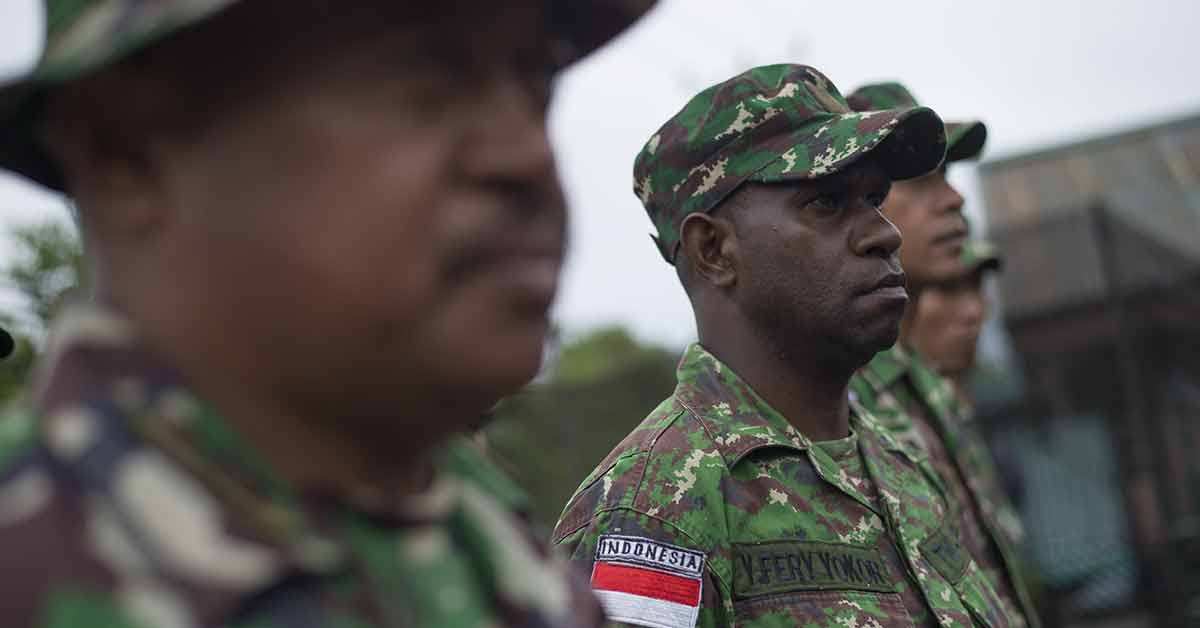Indonesia's military "executed" a church leader in its insurgency-wracked Papua region, the National Human Rights Commission said Monday, in the latest allegation of a civilian killing by soldiers.
A report by the agency, citing witness testimony, alleged pastor Yeremia Zanambani was tortured and then shot by deputy army chief Alpius Hasim Madi during an interrogation on 19 September. He later died of his wounds.
"The alleged perpetrator of the torture and extrajudicial killing is a military member," Commissioner Choirul Anam said in a statement.
"Before the victim died, he told two witnesses (about the perpetrator). Other witnesses also saw (Madi) at the crime scene with three to four other military members."
In response, Indonesia's military said it was still probing the septuagenarian Zanambani's death in Papua's central Hitadipa district.
"If later there is evidence that a military member was involved, then he'll be dealt with under existing laws and regulations," Papua military spokesman Reza Nur Patria said.
Amnesty International earlier said it had documented over a dozen unlawful killings by members of the military and police in Papua since February.
Indonesian security forces have long been accused of committing atrocities against Papuan civilians during a decades-long rebel movement aimed at gaining independence for the region next to independent Papua New Guinea.
The Southeast Asian nation took control of mineral-rich Papua, a former Dutch colony, in the 1960s following a vote to stay within the archipelago that was widely viewed as rigged.
On Monday, the commission's report said that the church leader suffered severe wounds from a sharp object before he was forced to kneel down "so it was easier for the perpetrator to execute him".
Zanambani's wife found his blood-soaked body and he died of his injuries several hours later, it said.
Zanambani was being questioned about military guns that had been stolen by rebels, the report said, after two soldiers had been killed in the area recently, allegedly by guerrillas.
As part of its probe, the Commission interviewed the suspect Madi who said Zanambani was on his list of so-called "enemies" in the district, and that the victim had criticised the army over the earlier disappearance of two of his relatives.
Madi did not implicate himself in the killing and has not been charged. - AFP
